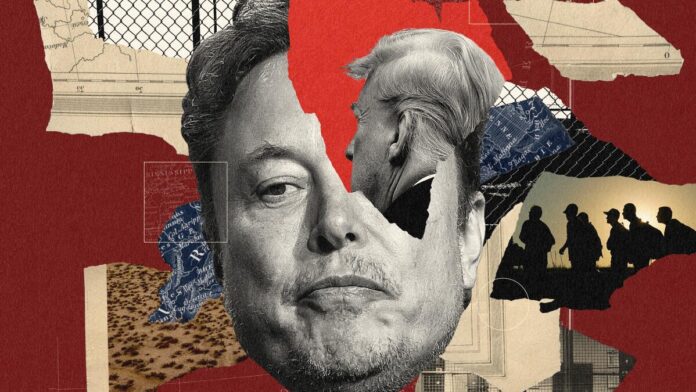In recent years, Elon Musk has stirred debates beyond technology and space exploration, stepping into the realm of global migration and demographic shifts. Musk has repeatedly voiced concerns that declining birth rates in developed nations and rising migration pressures could reshape economies, cultures, and the global balance of power. But is this a valid debate, or an exaggerated alarm?
Musk’s Core Argument
Musk warns that the real long-term threat to civilization is demographic collapse, not overpopulation. According to him:
-
Falling Fertility Rates → Many countries, especially in Europe, East Asia, and even North America, are seeing birth rates far below replacement levels.
-
Aging Populations → Shrinking workforces will struggle to sustain economic growth, pensions, and healthcare systems.
-
Migration as a Stopgap → Rising immigration could offset population decline, but Musk cautions it also introduces socio-political tensions if not managed well.
Migration: Solution or Strain?
Migration is increasingly shaping national policies worldwide. For high-income countries, migrants often fill labor shortages, contribute to tax bases, and rejuvenate demographics. However, concerns include:
-
Cultural Integration → Rapid demographic shifts sometimes strain national identity debates.
-
Political Polarization → Immigration has become a flashpoint in U.S., UK, EU, and even Asian politics.
-
Economic Dependence → Overreliance on migration may delay deeper reforms in education, automation, and family policies.
The Demographic Threat in Numbers
-
Japan: Birth rate ~1.3, population projected to fall by 30% by 2050.
-
Europe: Italy, Spain, and Germany face aging crises with fertility below 1.5.
-
China: Population declined in 2022 for the first time in six decades.
-
Africa & South Asia: Populations are booming, creating youth bulges but also pressure for migration due to unemployment and instability.
This global imbalance is at the heart of Musk’s warnings — the mismatch between regions with surplus youth and those with shrinking labor forces.
Is Musk Right or Alarmist?
Supporters argue:
-
Musk is highlighting an under-discussed crisis: fertility decline and workforce shrinkage.
-
Migration alone cannot solve the demographic time bomb; it needs policy innovation (childcare support, flexible work, automation).
Critics counter:
-
Migration, if managed well, is historically a source of innovation and strength (e.g., U.S. growth in the 20th century).
-
Technological advances (AI, robotics) may offset labor shortages, reducing reliance on sheer population size.
-
Musk’s framing risks fueling anti-immigration sentiment by portraying migrants as a “threat.”
The Road Ahead
The debate Musk sparked is far from settled. Governments face a dual challenge:
-
Boost fertility sustainably through family incentives, housing affordability, and gender equality.
-
Manage migration smartly with policies that balance economic needs, cultural integration, and social cohesion.
In the end, Musk’s voice may be controversial, but it has forced policymakers, economists, and citizens to confront a difficult question:
Will the future be defined by population decline in some regions, youth surges in others, and how humanity manages the flows in between?



